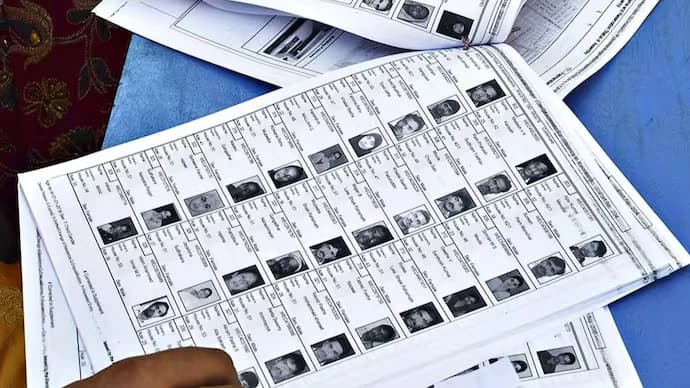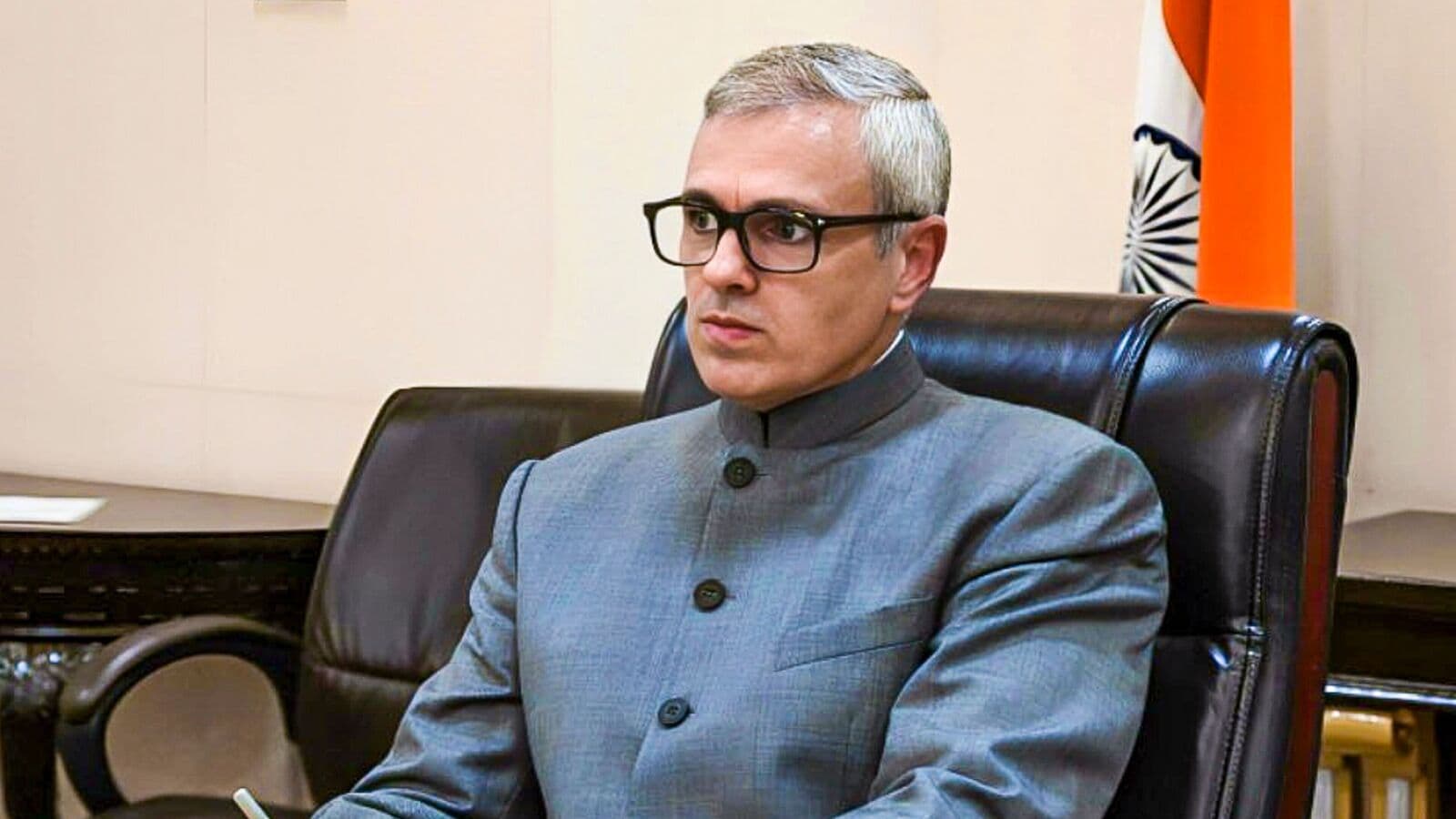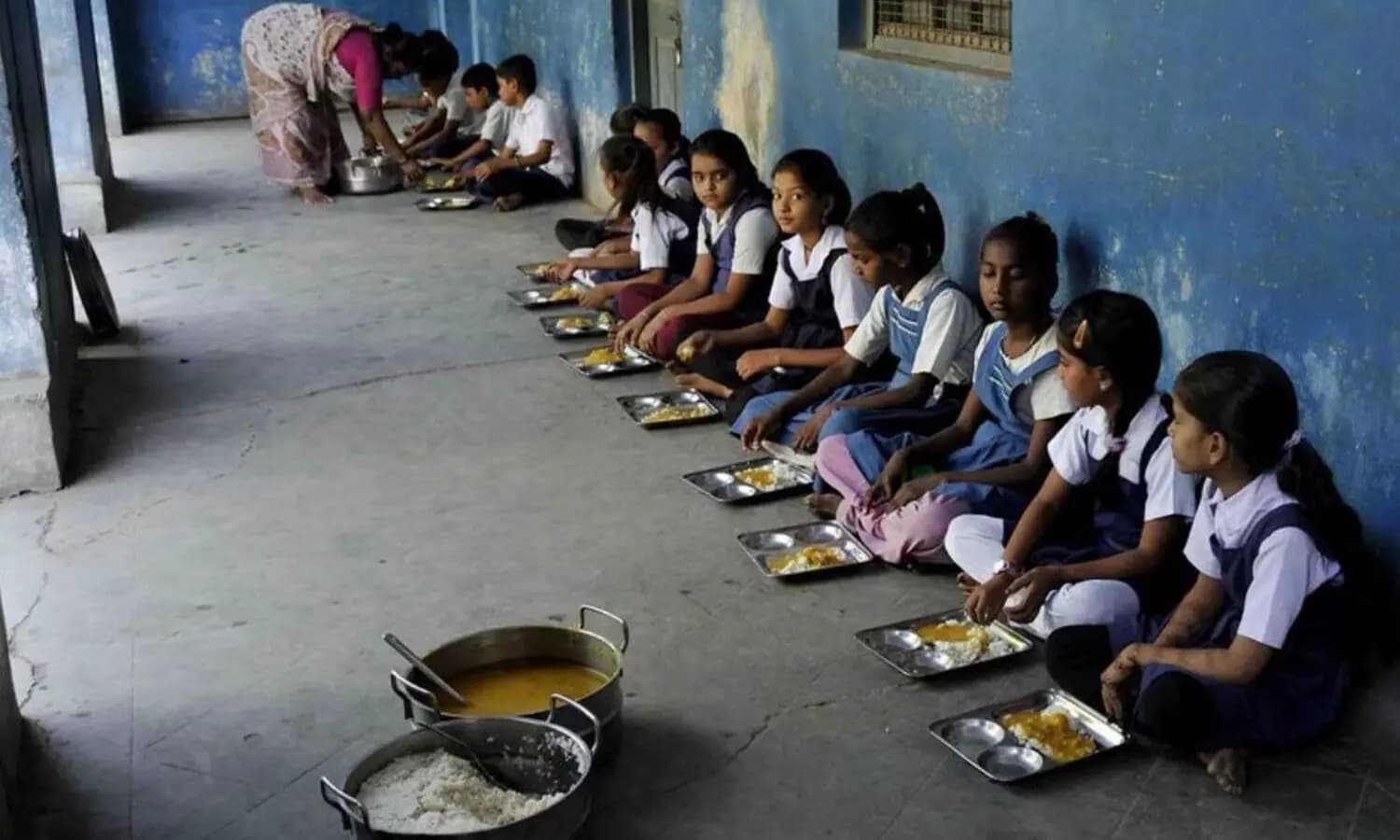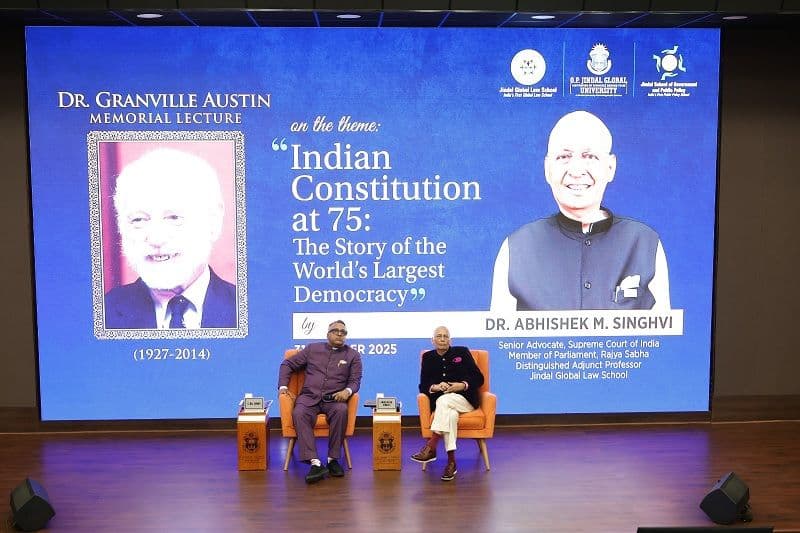As India approaches the 2025 Assembly elections, starting with Bihar in November, memes, stand-up comedy, and social media influencers are reshaping political discourse. With 467 million social media users and a ₹101 billion entertainment sector, platforms like X, Instagram, and WhatsApp amplify satirical memes, political comedy, and influencer-driven narratives, engaging young voters but fueling polarization. From Rahul Gandhi’s “Pappu” memes to Kunal Kamra’s biting stand-up, these tools wield immense influence, often outpacing traditional media.
In This Article:
- Memes: Viral Political Weapons
- Stand-Up Comedy: Satire as Resistance
- Influencers: New Campaigners
- Impact and Challenges
Memes: Viral Political Weapons
Memes, blending humor and critique, are potent tools in India’s elections. The BJP’s 7.5 million-follower Instagram account and Congress’s 3.7 million use memes to mock rivals, like Kangana Ranaut’s 2024 caste census meme targeting Gandhi. A 2025 ResearchGate study notes memes reinforce echo chambers, with 65% of users sharing ideologically aligned content, amplifying division. False narratives, like doctored videos of Gandhi’s gaffes in 2019, spread via WhatsApp’s 23,000 BJP groups in Karnataka, per GIGA-Hamburg, showing memes’ role in propaganda and resistance.
Stand-Up Comedy: Satire as Resistance
Comedians like Kunal Kamra, Varun Grover, and Munawar Faruqui challenge power through political satire, risking legal backlash. Kamra’s 2017 Patriotism and Governance video, with 18 million YouTube views, critiques nationalism and fake news,. Grover’s 2019 Indian Elections set tackled Ayodhya and demonetization, sparking debate despite threats. Stand-up, amplified by India’s 568 million gamers and OTT platforms, fosters critical thinking but faces cancel culture, as seen in Kamra’s 2024 arrest over an Eknath Shinde joke.
Influencers: New Campaigners
Influencers like Dhruv Rathee, with 25 million YouTube views on Is India Becoming a Dictatorship?, bypass traditional media, shaping narratives for young voter. The BJP’s 2015 hosting of 150 influencers, including trolls, and Congress’s AI-driven war rooms highlight their strategic use. However, algorithms boost polarizing content, reducing party workers’ roles and raising misinformation risks.
Impact and Challenges
Memes and comedy democratize discourse but deepen divides, with 78% of users encountering polarizing content, per AlAfnan. Influencers amplify alternative voices but face shadow-banning. As Bihar’s elections loom, the ECI’s voter roll revision fuels meme wars, with X users mocking “non-citizen” claims.
-By Manoj H




